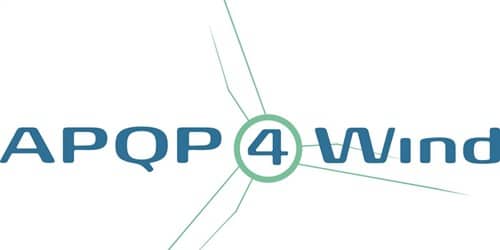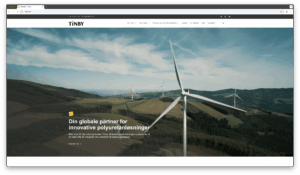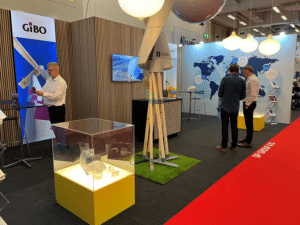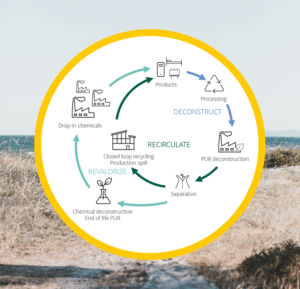At Tinby, we manufacture plastic and composite components for the wind turbine industry—parts that indirectly contribute to advancing the UN’s Sustainable Development Goal number 7: Affordable and Clean Energy. Sustainable energy is one of the UN’s 17 goals included in the 2030 Agenda for Sustainable Development. As a supplier to the wind turbine industry, Tinby helps reduce energy consumption and improve access to renewable energy sources. Additionally, our management, project staff, and operators have undergone training in the APQP4Wind quality management tool.
Standardized requirements for suppliers to the wind industry
Due to increasing demands from the wind industry for cheaper and more efficient blade production, the major players in the market have agreed to standardize their requirements for suppliers. To achieve this, they have jointly developed a project execution handbook that all suppliers to the wind industry must adhere to. As a result, relevant employees at Tinby—including management, project staff, and operators—possess strong competencies in industry-specific quality assurance, such as ‘APQP4Wind,’ the standardized set of requirements.
The quality management tool (with the difficult name)
APQP4Wind is inspired by the American quality management tool 'Advanced Product Quality Planning' (APQP), originally developed for the U.S. automotive industry. The rationale behind APQP4Wind is that component defects and production weaknesses are very costly to fix if discovered only after a wind turbine has been put into operation. Training in APQP4Wind ensures quality early on and throughout all stages of the production process. Additionally, it establishes a foundation for standardized quality management processes within the Danish wind industry.
In other words, APQP4Wind aims to enhance communication about quality across the value chain, achieve significant cost reductions by minimizing errors and improving production quality, and accelerate the launch of new products.
In SP Group, of which Tinby is a part, we currently have 13 APQP4Wind specialists and 16 APQP4Wind management representatives.




